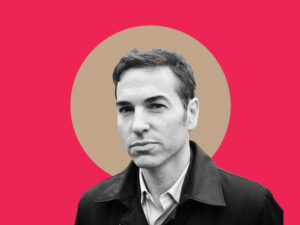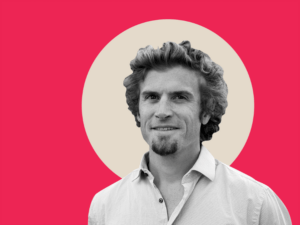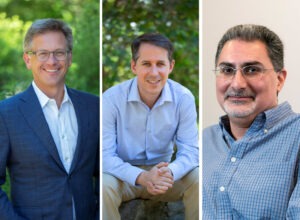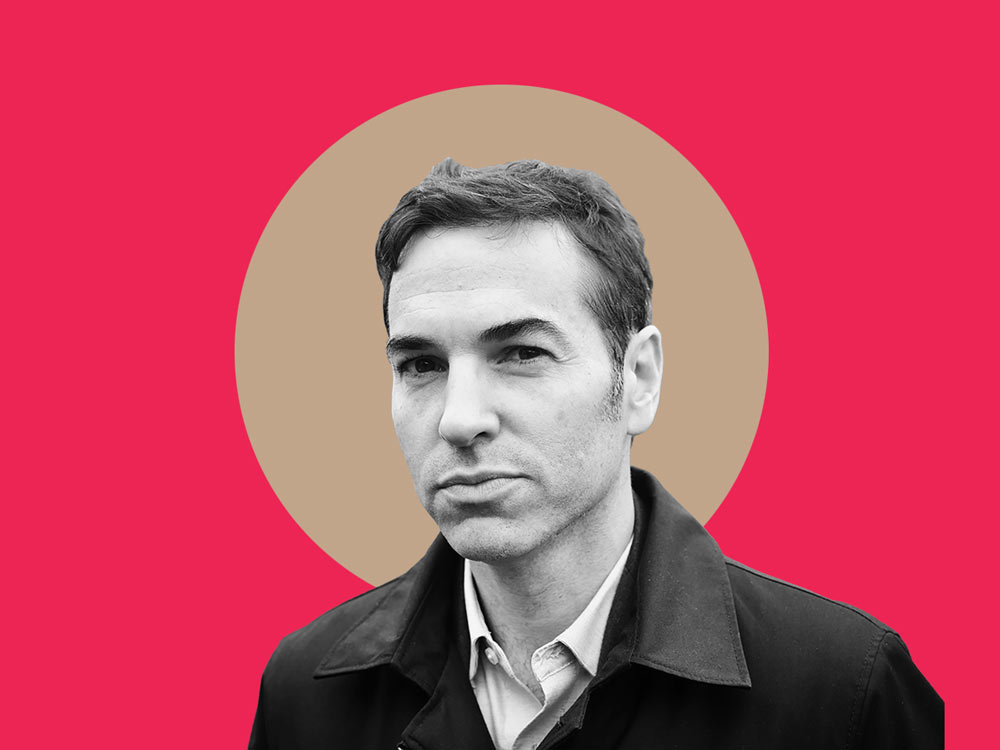Owen Barder was just a teenager when he saw people who had walked for days – and even weeks – to find food. It was the 1984-85 famine in Ethiopia, which killed some one million people. Barder, the son of a British diplomat, was visiting a camp in the eastern part of the country, and at that moment he decided what his life’s mission would be. “I began to realize that solving the problem of global poverty was the most important thing in the world.”
Barder went on to take jobs with the British and South African governments before joining the Center for Global Development, a think tank that creates policies to reduce global poverty. He focuses on aid, finance and transparency and he recently wrote about changes that are both promising and worrying. Adjusting for inflation, aid reached its highest point ever in 2014. But Barder says aid to the poorest nations actually fell, as shown in this interactive chart produced by the Center for Global Development:
Part of the reason poor nations are receiving less money is due to the costly refugee crisis in Syria, Eritrea and Yemen. Barder says donors are also channeling an increasing amount of their dollars toward private investment in developing nations, which he actually sees as a positive for promoting jobs and growth.
To prove his point, Barder points out that the vast majority of the world’s poorest people live in middle income countries, which is where much of these loans and public-private partnerships are going. “Countries like China, India, Nigeria, Pakistan, Indonesia — those five countries are home to two-thirds of the world’s people living in absolute poverty. So we shouldn’t reject the idea that those countries should receive foreign aid too,” he says.
Even so, Barder believes it’s important to keep everyone on the aid map. “We must not forget the other people who need our help in the poorest countries in the world.” He says they can be supported through traditional forms of aid, as well as direct cash transfers and trade. There are also benefits to migration, which Barder says is “politically unpopular” but is “one of the most effective tools we have to enable people to escape poverty.”
As Barder tackles income inequality, he also takes a strong stance against gender inequality. He refuses to serve on panels that include only men and encourages others to join him. To that end, Barder has written a pledge on his website that says, “At a public conference I won’t serve on a panel of two people or more unless there is at least one woman on the panel, not including the Chair.” More than 400 people have signed it.
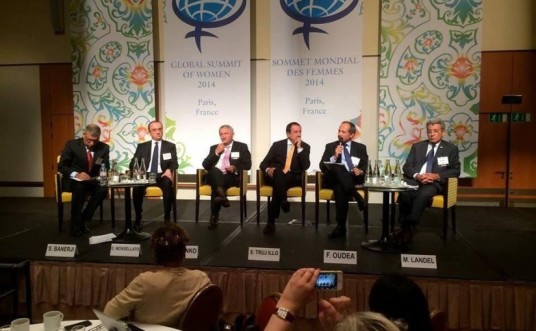
Barder believes that increased racial, economic and gender diversity will benefit a sector that exists to reconcile different interests. “I don’t think you can do that if you represent only a narrow part of those interests. It’s not healthy for organizations who are seeking to innovate, and change attitudes, and change policies, and change the world.”
Sign up for our free newsletters
Subscribe to NPQ's newsletters to have our top stories delivered directly to your inbox.
By signing up, you agree to our privacy policy and terms of use, and to receive messages from NPQ and our partners.
Featured image: Owen Barder (Courtesy of the Center for Global Development)
Additional Resources
Barder’s podcast, blog and Twitter
CGD: Migration and Development: Small Tweaks for Big Benefits
CGD: Transforming Humanitarian Aid with Cash Transfers: High Level Panel Report
NBC: How a Report on Ethiopia’s ‘Biblical Famine’ Changed the World


